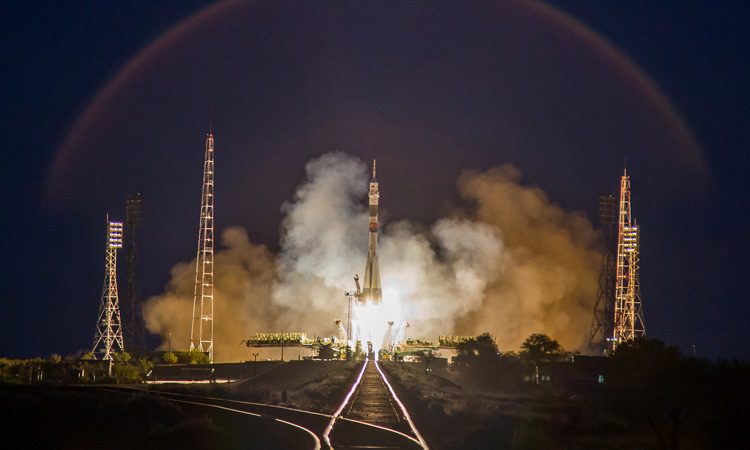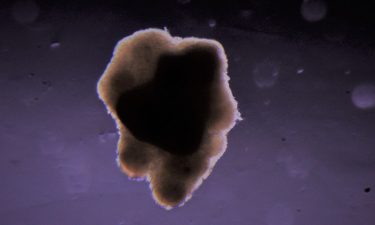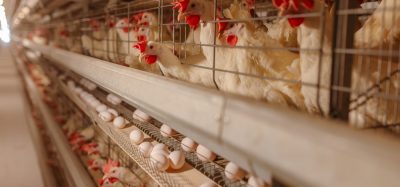Meat produced in space
- Like
- Digg
- Del
- Tumblr
- VKontakte
- Buffer
- Love This
- Odnoklassniki
- Meneame
- Blogger
- Amazon
- Yahoo Mail
- Gmail
- AOL
- Newsvine
- HackerNews
- Evernote
- MySpace
- Mail.ru
- Viadeo
- Line
- Comments
- Yummly
- SMS
- Viber
- Telegram
- Subscribe
- Skype
- Facebook Messenger
- Kakao
- LiveJournal
- Yammer
- Edgar
- Fintel
- Mix
- Instapaper
- Copy Link
Posted: 8 October 2019 | Sam Mehmet (New Food) | No comments yet
Aleph Farms has produced “slaughter-free” meat on the International Space Station, 248 miles away from any natural resources.


Credit: CC-Yuzhny -Rocosmos
Through an international collaboration between 3D Bioprinting Solutions (Russia); Meal Source Technologies (US); and Finless Foods (USA), Aleph Farms, a food company that grows cultivated beef steaks, hopes to make progress toward fulfilling its promise: to enable unconditional access to safe and nutritious meat anytime, anywhere, while using minimal resources.
Aleph Farms’ production method of cultivated beef steaks relies on mimicking a natural process of muscle-tissue regeneration occurring inside a cow’s body, but under controlled conditions. On September 26, 2019, aboard the Russian segment of the international space station, a successful proof of concept was established in assembling a small-scale muscle tissue in a 3D bioprinter under micro-gravity conditions. This research – undertaken in some of the most extreme environments – aims to serve as an indicator of sustainable food production methods that do not exacerbate land waste, water waste and pollution.


Small scale muscle tissue assembled from bovine cell spheroids. Credit: 3D Bioprinting Solutions.
In a recent report, the Intergovernmental Panel on Climate Change, established by the United Nations, emphasised the integral contribution of the conventional animal farming methods on climate change, stating that it can make “a challenging situation worse” and even undermine food security. The contributing authors shed light on climate change effects on land – especially desertification, land degradation, and diminishing availability of food supplies.
“In space, we do not have 10,000 or 15,000 litres of water available to produce one kilogram of beef,” said Didier Toubia, Co-Founder and CEO of Aleph Farms. “This joint experiment marks a significant first step toward achieving our vision to ensure food security for the generations to come, while preserving our natural resources. This keystone of human achievement in space follows Yuri Gagarin’s success of becoming the first man to journey into outer space, and Neil Armstrong’s 50th anniversary of the first man walking on the moon,” Toubia added.
Related topics
Cultured Meat, Environment, Food Security, Food Waste, Research & development, Sustainability, Technology & Innovation
Related organisations
3D Bioprinting Solutions, Aleph Farms, Finless Foods, Meal Source Technologies, The Intergovernmental Panel on Climate Change









